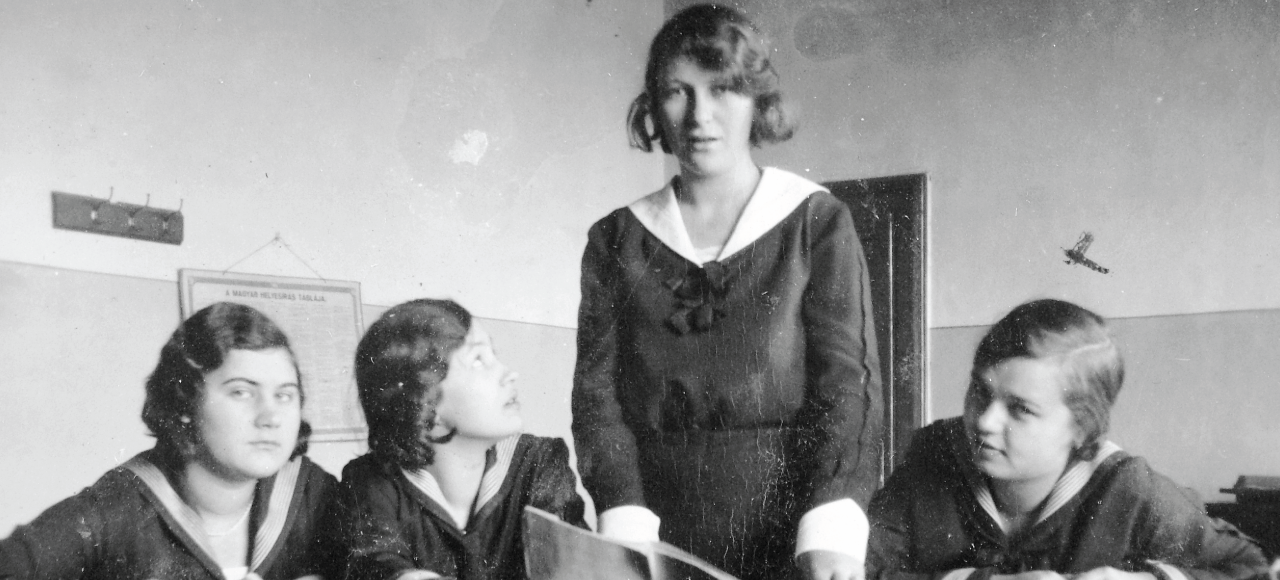
Mary Wollstonecraft is remembered for her passionate commitment to the cause of the rights of women, her political radicalism, and her intellectual daring. She rejected artificial distinctions of rank, which she believed hampered human flourishing, and also favoured republicanism over hereditary monarchy as the ideal form of government.
In the 18th century, society fell a long way short of the Enlightenment ideal that held that society should be ordered in such a way so as to enable individuals to fulfil their potential as rational, autonomous beings. In particular, women suffered from systematic disadvantages that were woven into the very fabric of the social system: they were raised in a way that extinguished their intellectual and rational capabilities; they learned to give way, and to develop a docile and flattering sexuality designed only to be alluring to men. It was Wollstonecraft’s view that though women were the main casualties of this situation, men also suffered – women would be much more able to cultivate desirable virtues if they enjoyed the same rights as men.
According to Wollstonecraft, the primary barrier preventing women from fulfilling their potential was the way they were educated. In the introduction to A Vindication of the Rights of Women, she writes that she had looked at the ‘various books written on the subject of education, and patiently observed the conduct of parents and the management of schools … what has been the result? – a profound conviction that the neglected education of my fellow-creatures is the grand source of the misery I deplore.’ The only possible solution was a change in the way women are educated. In particular, Wollstonecraft thought that women should be encouraged to develop their rational capacities in broadly the same way as men. The best education, she claims, ‘is such an exercise of the understanding as is best calculated to strengthen the body and form the heart. Or, in other words, to enable the individual to attain such habits of virtue as will render it independent.’
Wollstonecraft’s feminism is not of the modern kind, of course, and inevitably some of her views seem anachronistic in the present day. It was her belief, for example, that women had a duty to become mothers (albeit she didn’t think this should involve women becoming subjugated to men). Nevertheless, she remains an inspiration to 21st century feminists; and although she was not the first person to take up the cudgels on behalf of women, her importance is such that arguably it is right to consider her the first feminist.

